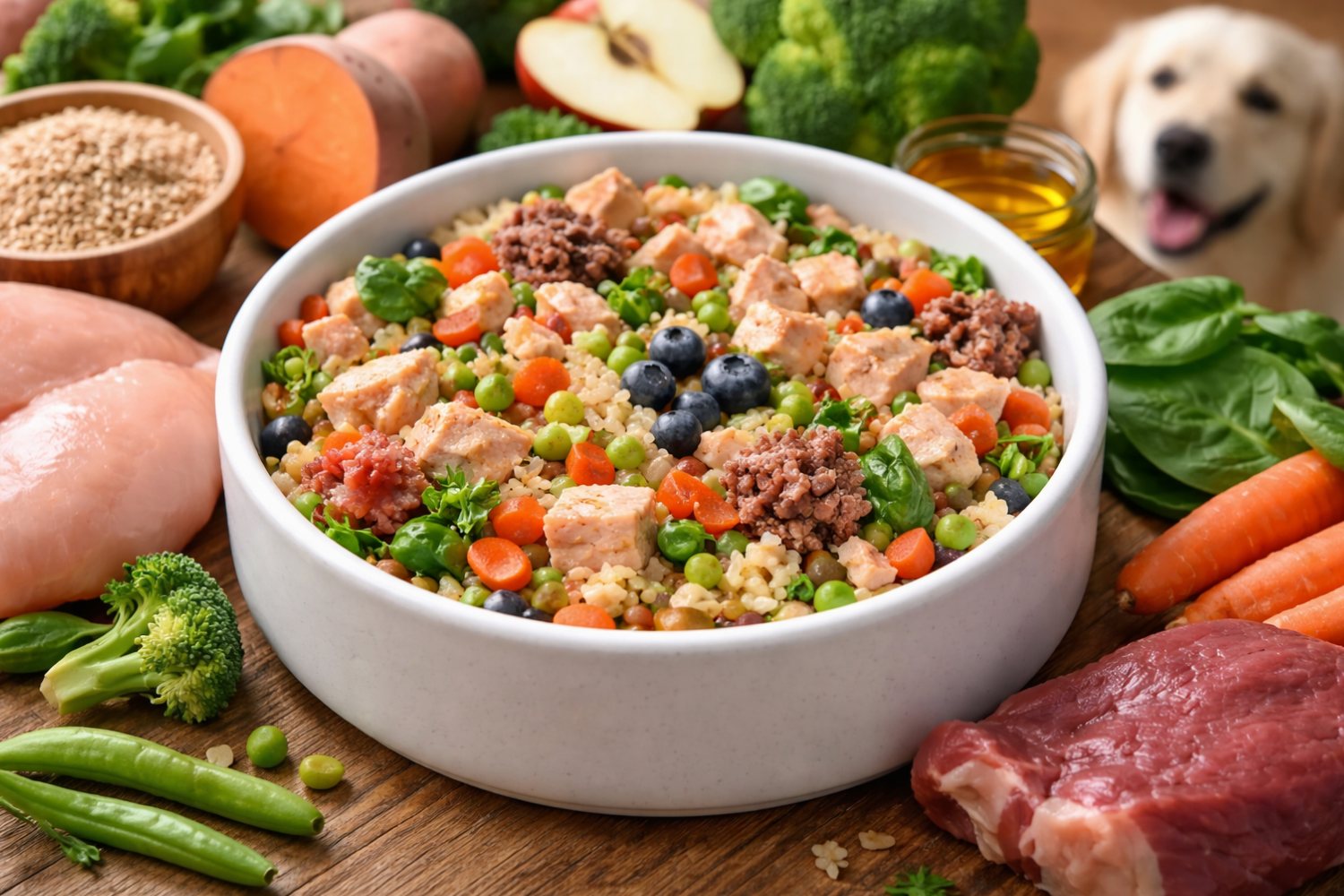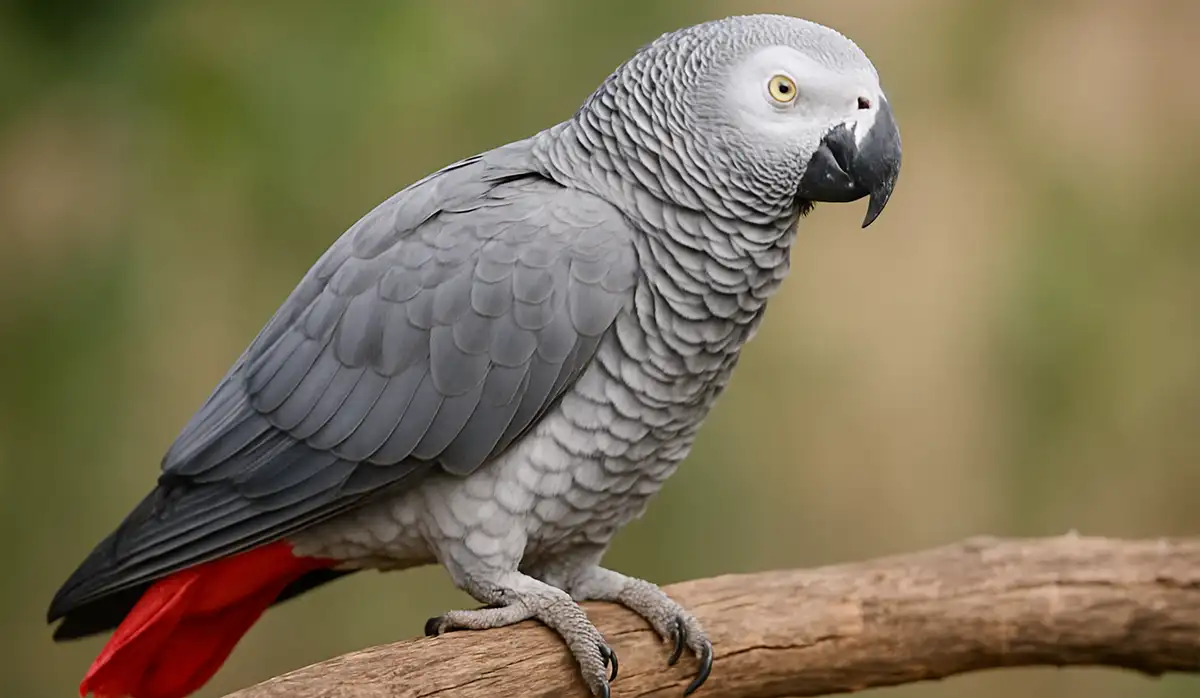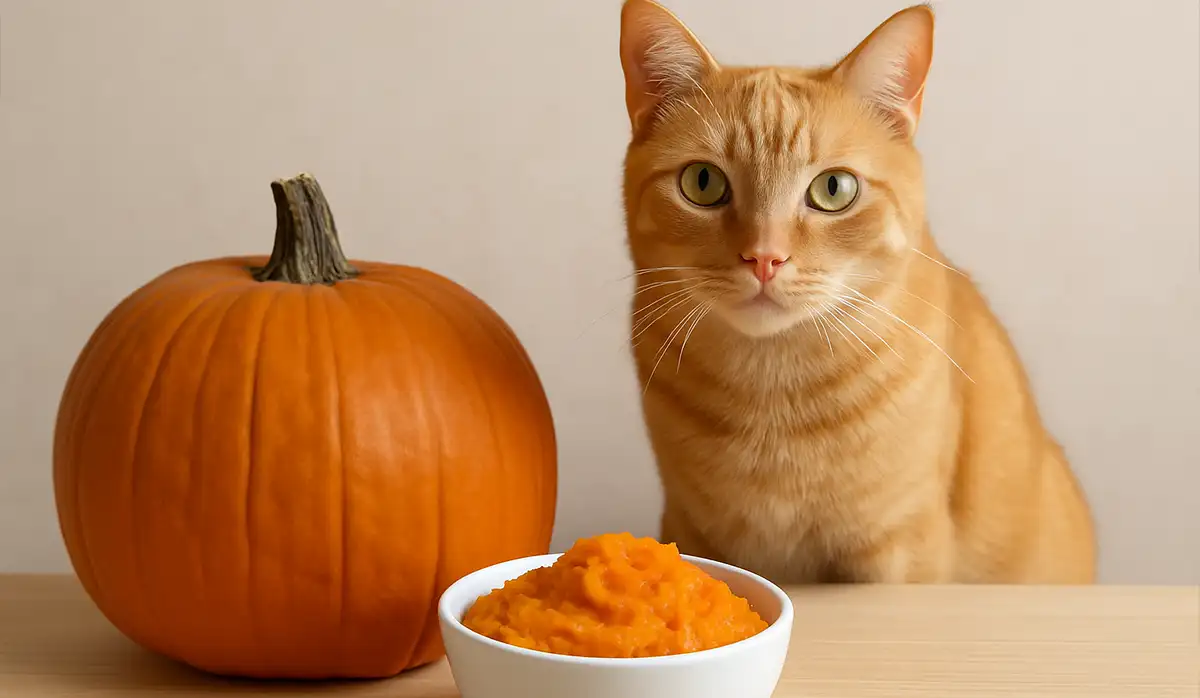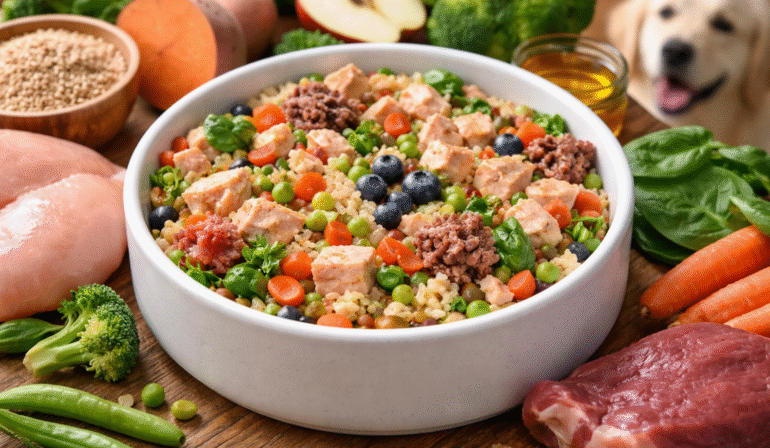What are the best vegetables for rabbits
By Pet Luvz on February 5, 2025

A Complete Guide to Rabbit-Safe Veggies
Table of Contents
- Introduction
- Why Vegetables are Important for Rabbits
- Best Vegetables for Rabbits
- Vegetables to Avoid for Rabbits
- How Much and How Often to Feed Your Rabbit Vegetables
- The Role of Green Hay for Rabbits
- Conclusion
Introduction
If you’re a rabbit owner, you’ve probably wondered about the best vegetables for rabbits and how to ensure a balanced diet for your furry friend. Not all vegetables are rabbit-safe, and feeding them the wrong types or quantities can lead to digestive issues or other health problems. This comprehensive guide will delve into the best veggies for bunnies, including some you should avoid, making sure your pet bunny is both happy and healthy.
Why Vegetables are Important for Rabbits

Rabbits require a varied diet to maintain their health, and vegetables play a crucial role in providing essential vitamins and nutrients. While hay should make up the bulk of a rabbit’s diet, vegetables offer additional benefits:
- Nutritional Variety: Vegetables provide vitamins and antioxidants that are essential for your rabbit’s long-term health.
- Hydration: Many vegetables have high water content, aiding in hydration.
- Mental Stimulation: The different textures and flavors of vegetables can keep your rabbit entertained and mentally stimulated.
Best Vegetables for Rabbits

Leafy Greens
Leafy greens are a staple in a rabbit’s diet. They are packed with nutrients and are generally safe for daily consumption.
- Kale: A fantastic source of vitamin A, C, and K.
- Romaine Lettuce: Offers hydration and is a great source of fiber. Avoid iceberg lettuce as it has little nutritional value and can cause diarrhea.
- Spinach: High in vitamins but should be fed in moderation due to its oxalate content.
- Parsley: Rich in vitamins and antioxidants.
Root Vegetables
Root vegetables should be given in moderation due to their high sugar content, but they can still be an occasional treat.
- Carrots: While high in sugar, they are a great source of vitamin A. Offer in small amounts.
- Beetroot: Offers vitamins and minerals, but like carrots, should be given sparingly.
Herbs
Herbs can be a delightful addition to your rabbit’s diet, providing extra flavor and health benefits.
- Cilantro: A favorite among many rabbits, rich in antioxidants.
- Basil: Provides a unique flavor and is safe for rabbits.
- Thyme: Low in calories and can be a great snack.
Vegetables to Avoid for Rabbits

Not all vegetables are safe for rabbits. Here’s a list of veggies to avoid:
- Potatoes: High in starch and not suitable for their digestive systems.
- Onions: Toxic to rabbits and can cause hemolytic anemia.
- Garlic: Can cause digestive issues and is generally unsafe.
Always introduce new vegetables slowly into your rabbit’s diet and monitor for any adverse reactions.
How Much and How Often to Feed Your Rabbit Vegetables

Understanding the correct amount and frequency of feeding vegetables is key to maintaining a healthy diet for your rabbit.
- Daily Amount: Aim for approximately 1 cup of vegetables per 2 lbs of body weight.
- Variety: Mix different vegetables to ensure a balanced diet.
- Introduce Slowly: Introduce one new vegetable at a time and monitor your rabbit’s reaction.
The Role of Green Hay for Rabbits

While vegetables provide essential nutrients, green hay for rabbits should be the cornerstone of their diet. Hay aids in digestive health and helps to wear down their teeth, which continuously grow. Timothy hay is a popular choice, but options like orchard grass or meadow hay can also be beneficial.
Conclusion
In summary, providing a balanced diet with the right vegetables for rabbits can significantly enhance their health and well-being. By incorporating a diverse mix of leafy greens, root vegetables, and herbs, you can ensure your bunny receives all the necessary nutrients. Remember to avoid harmful vegetables and feed them in appropriate quantities. A happy rabbit is a healthy rabbit, so make sure to keep their diet varied and consistent.
Feeding your rabbit properly isn’t just about what they eat, but how much and how often. By understanding these critical aspects, you can keep your bunny in optimal health. Don’t forget, green hay should always be freely available, making up the bulk of their dietary intake.
Do you have any questions or additional tips for feeding vegetables to bunnies? Feel free to share in the comments below!
YOU MAY ALSO LIKE
Top Pick
-

7 Proven Benefits of Fresh Pet Dog Food for Daily Health
January 11, 2026
-

African Grey Parrot: A Smart, Loving, and Talkative Companion
July 22, 2025
-

5 Best Canister Filters for Crystal Clear Water in Your Pet Fish Tank
July 8, 2025
-

Is Pumpkin Good for Cats? Everything You Need to Know
July 5, 2025
-

Swim Bladder Treatment: Solutions for Aquarium Fish Health
July 3, 2025











